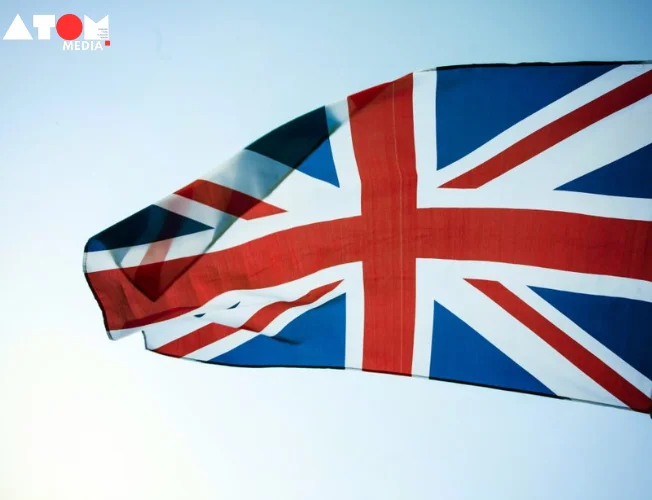The U.K. government has taken a significant step to combat violence against women by criminalizing the creation of sexually explicit deepfake images. This move comes amidst growing concerns about the misuse of artificial intelligence (AI) technology to create and disseminate realistic-looking, but fabricated, media content.
New Law Targets Non-Consensual Deepfakes
The new law, introduced by the Ministry of Justice, makes it a crime to create deepfakes of a sexual nature without the consent of the person depicted in the image. This applies even if the perpetrator does not intend to share the deepfake publicly. Those found guilty of this offense face prosecution and potentially hefty fines, with the exact amount not being predetermined. In cases where the deepfake is shared, jail time could also be a possible consequence.
Deepfakes: A Growing Threat
The rise of deepfakes, fueled by advancements in AI, has created a new avenue for online harassment and abuse. These manipulated images or videos can be incredibly convincing, often portraying real people in compromising or humiliating situations. The potential for emotional distress and reputational damage to victims is significant.
Violence Against Women: A National Threat
The U.K. government has classified violence against women and girls as a national threat, requiring law enforcement to prioritize tackling these issues. The criminalization of non-consensual deepfakes is seen as a crucial tool in this fight, aiming to curb the use of this technology for malicious purposes.
Sending a Clear Message
“This new offence sends a crystal clear message that making this material is immoral, often misogynistic, and a crime,” stated Laura Farris, the U.K.’s Minister for Victims and Safeguarding. The government hopes this new law will deter potential offenders and empower victims to seek justice.
Expanding Protections
The legislation goes beyond deepfakes, introducing additional criminal offenses. Taking or recording intimate images of another person without their consent will now be a punishable act. Additionally, installing equipment to facilitate such recording will be illegal. These measures aim to provide greater protection for individual privacy and bodily autonomy.
Accountability for Abusive Behavior
Furthermore, the government is introducing a new legal factor to strengthen penalties for offenders whose abusive, degrading, or dangerous sexual behavior leads to the death of the victim. This signifies a harsher stance towards perpetrators of severe violence against women.
The Fight for Online Safety
The criminalization of non-consensual deepfakes represents a significant step forward for online safety in the U.K. This legislation acknowledges the evolving nature of online threats and demonstrates the government’s commitment to protecting its citizens from harm. However, challenges remain. Deepfake technology continues to develop, and enforcement will require ongoing vigilance and collaboration between law enforcement agencies and technology companies.
The impact of this new law will likely be multifaceted:
Deterrence: The potential for criminal prosecution and hefty fines could deter individuals from creating and sharing non-consensual deepfakes.
Empowerment: Victims of deepfake abuse may feel more empowered to report these incidents and seek legal recourse.
Technological Advancements: The legislation might push tech companies to develop more sophisticated deepfake detection and prevention tools.
Public Awareness: The media coverage surrounding this new law could raise public awareness about the dangers of deepfakes and the importance of online safety.
The Road Ahead
The U.K.’s move to criminalize non-consensual deepfakes sets a precedent for other countries grappling with similar issues. As AI technology continues to evolve, ongoing discussions and legislative efforts will be crucial in creating a safe and responsible online environment for all.
Read more: Marketing News, Advertising News, PR and Finance News, Digital News





